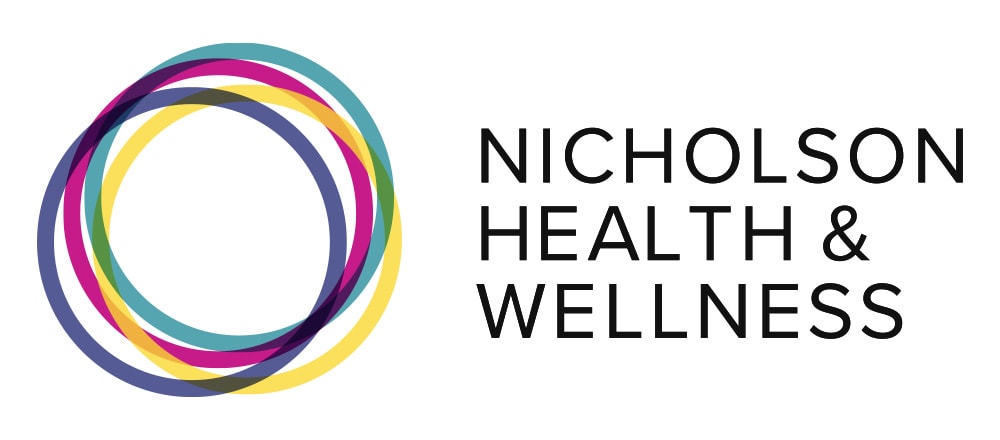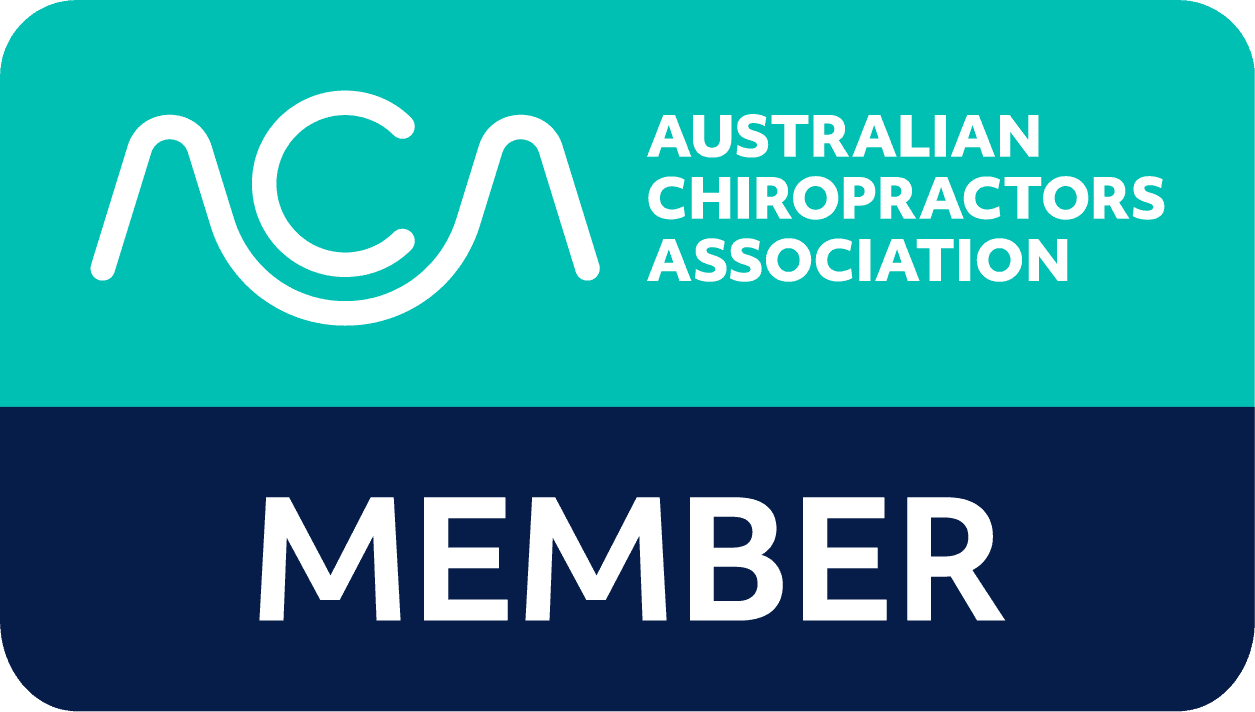By Dr Shami Barathan
Imagine a day when you wake up in the morning, filled with energy and excitement as you prepare yourself for the upcoming day. You bounce out of bed and leisurely sit down to eat breakfast with your loved ones, smiling and enjoying the first conversation of the day. Perhaps you can hear the birds sing or feel the warmth of the morning sun on your cheeks as it streams through the windows. You take your time to enjoy each mouthful of your delicious breakfast. You glance at the clock and realise you have plenty of time before you need to be at work or get the children off to school. You even have time to get ahead with a few household chores… and maybe squeeze in 10 minutes of meditation also?
Is this just a dream or can this be your reality?
Do you have time to meditate? Do you hear yourself thinking “no I don’t really”, or “it’s all a bit too hard for me”? When you think of meditation do you picture a yogi, sitting cross legged under a tree, eyes closed with a look of complete serenity on in his face and think “it’s impossible, my life is too busy to add another task to my never-ending list”?
I understand, I was there. I protested at the thought of 1 minute of meditation or even just sitting with myself. I felt I didn’t need it, and to be completely honest – I loved being on the run. I felt a sense of achievement when I got 10 things done in a short space of time. I multi-tasked to my heart’s content, even pitting myself against others in my mind to try and always come out the most efficient one. I pictured myself winning the gold medal for efficiency and multi-tasking. Madness, I know, but aren’t women supposed to be great at this game and expected to always play? How else are we supposed to manage the work load in the 21st century?
Discovering Meditation
Let me introduce you to the concept of meditation – the practice of calming down and decluttering the mind. I realised something had to change when I was almost always feeling this strange and uncomfortable feeling in both my mind and body. Stress; the sense of having too many things to do and not enough time to do them. Some may experience a tightness in their throat, tense muscles, feelings of impending doom, tearfulness or even a racing heart. This is the stress reaction.
The mind believes something awful is about to happen and sees the upcoming event as a threat to your existence. It switches on our survival system and turns the tap to release our stress hormones which include cortisol, adrenaline and noradrenaline. These chemicals wreak havoc in our bodies, but all in good faith, as the mind strongly believes that it needs to remove you from where you are now. Blood flows away from your gut and diverts to your muscles and heart as it responds to the “fight or flight” response. The acute stress reaction is normal and a requirement for our survival. What humans are not programmed to manage however, is the chronic stress response when we feel we are always in danger, rushing to be somewhere else and never fully present in the moment.
Over the next few months, I’ll tell you more about how stress affects our mind and body in detail. For now, let’s return to being mindful. That’s right, being mindful takes only practise, but lots of it. In simple terms, it’s all about training your most precious “muscle” called the brain, to calm those racing thoughts as it flips from past to future to past to future again. When we think about it, how much time do we really spend in the present moment?
Not enough? Here’s 3 reasons for practising meditation.
- It increases your concentration and focus – sure that’ll make your boss happy!
- It improves your memory – imagine the time (and worry!) you could save not needing to double check whether you’ve locked your car or turned off the gas every night!
- It gives you clarity of thought – so you can make better decisions and reduce your overall stress levels every day!
How can I get started today?
- Start by being aware of all of your senses. Ask yourself, where am I now? What am I seeing, hearing, feeling, tasting and smelling? Try this technique when you are eating your meals, driving your car, sitting in the park watching your kids play.
- Try using a meditation app. There’s a huge range available from the free apps to those that charge. It’s a personal choice and so I would advise testing out a few and finding the one/ ones that suit your taste.
- Create a tiny goal. “This week I will spend just 1 minute a day to meditate.” A habit takes time to develop before the behaviour becomes automatic. It takes repetition, dedication and an awful lot of reminders before we crave or miss our new habit, but what a wonderful habit this one could be for you and your ever powerful mind – for the rest of your life!
And finally, what does science actually say about meditation? Why should I meditate?
Gone are the days when we thought meditation was just for those who lived the ‘hippie’ ‘free thinking’ life. There are over 6000 studies on meditation, and we now have scientific proof that meditation actually does something to you. The one paper that blew my mind was when scientists used functional MRIs to observe the changes that happen in the brains of monks who meditated daily and compared the data to those who didn’t meditate. They found that the size of the amygdala decreased in those that meditated! (1) The amygdala is the centre of your emotional health. When the size decreases, we become less emotionally reactive to the daily stressors. E.g. we don’t become agitated so quickly when we have to stop at a red light as we are trying to get to an appointment on time.
Sounds like magic doesn’t it, but it’s real and it’s scientifically proven – that’s why I’m so excited to share this with you all! It really works and is a such a powerful and widely accepted antidote to so much of what can make life tough at times, so please – try it out! Happy meditating!
Reference:
- Buddha’s Brain: Neuroplasticity and Meditation
Richard J. Davidson, Director and Antoine Lutz, Associate Scientist
IEEE Signal Process Mag. 2008 Jan 1; 25(1): 176–174.
Disclaimer:
This article provides general information and discussion about the medicine, health and related subjects. The words and other content provided in this article are not intended and should not be construed as medical advice. If the reader or any other person has a medical concern, he or she should consult with an appropriately licensed physician or other health care worker. The views expressed in this article have no relation to those of any academic, hospital, practice or other institution with which the author is affiliated.






